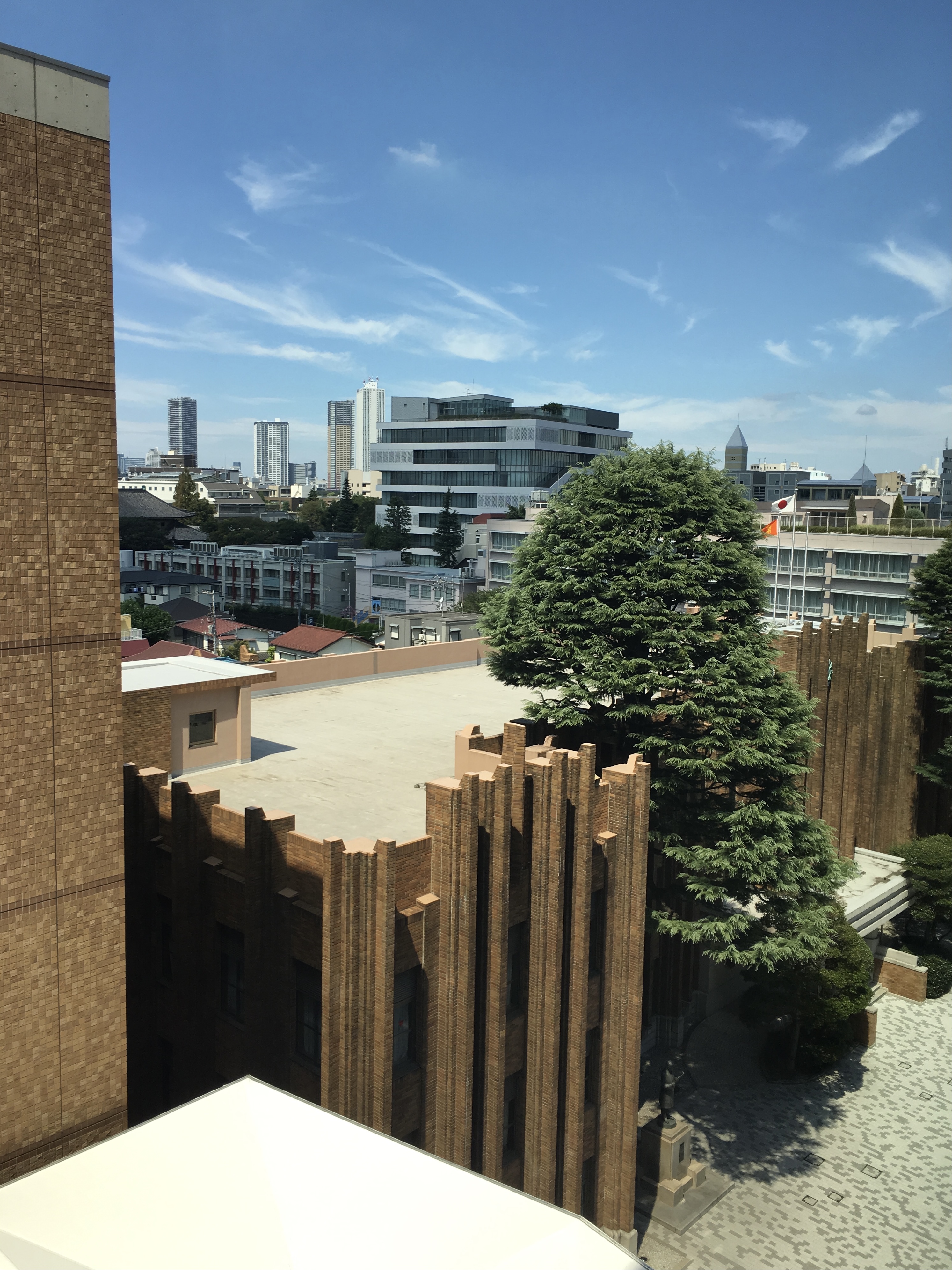Thinking about studying in Japan but not sure where to begin? Takushoku University (TU) in Tokyo offers a practical, globally minded education across business, international studies, foreign languages, engineering, and political science & economics—plus a long history of welcoming students from abroad. This guide pulls together quick facts, campus highlights, strengths, student support, exchange options, climate and lifestyle tips, and career outcomes to help you decide whether TU could be a strong fit for your academic goals.
Takushoku University — Symbolic Photos (Free Media)







Quick Facts — Takushoku University
| Type | Private University Official Overview (EN) |
| Total Students | 9,049 (as of May 1, 2024) University PDF |
| Campuses | Bunkyō (Main, central Tokyo) — Bunkyō Campus (EN) Hachiōji International Campus (West Tokyo) — Hachiōji Campus (EN) |
| Faculties/Schools | Commerce; Political Science & Economics; Foreign Languages; International Studies; Engineering Faculties (EN) |
| Tasse scolastiche | First-year totals vary by faculty (examples): ¥1,310,900–¥1,658,900 (Undergraduate) School Fees (EN) |
| Gender Ratio | Approx. 31% women overall (2,775 of 9,049) University PDF |
| Intl-Student % | TU regularly hosts ~1,000+ international students annually International Exchange News (EN) |
| Students per Staff | Approx. 40.4 (as of May 1, 2024) Official Disclosure (JP) |
Campus Maps
Bunkyo Campus (Main, Tokyo)
Address: 3-4-14 Kohinata, Bunkyo-ku, Tokyo 112-8585, Japan
Hachioji International Campus (Tokyo)
Address: 815-1 Tatemachi, Hachioji-shi, Tokyo 193-0985, Japan
Mission, History & Founding Story
Takushoku University’s founding philosophy centers on fostering globally capable people who can contribute to society through practical, international education. Its Founding Philosophy (EN) emphasizes internationalism and pragmatism—values that are reflected across the curriculum and student life. The university traces its roots back to 1900 and has a storied evolution, which you can explore in the official History (EN) timeline.
Today, TU operates two main locations: the city-center Bunkyō Campus (ideal for business and job hunting access) and the expansive Hachiōji International Campus, home to Foreign Languages, International Studies, and Engineering. The university also highlights a multi-decade track record in international exchange—see this English news piece on its distinctive framework for study abroad and partnerships (EN).
Key Strengths & Unique Features
Global-Ready Programs & Strong International Orientation
TU’s global focus shows in rankings descriptions and program design. For an external snapshot, see the university profile on Times Higher Education. On campus, programs like the Faculty of Foreign Languages and the Faculty of International Studies emphasize multilingual ability, area studies, and overseas engagement.
Engineering & Makers Culture at Hachiōji
The Faculty of Engineering benefits from the space and labs of the Hachiōji International Campus. Coursework blends hands-on practice with cross-department collaboration—useful for careers in robotics, electronics, computer science, and design.
Industry Access & Practical Business Learning
At the Bunkyō campus, TU’s Faculty of Commerce leverages central Tokyo for guest lectures and career exposure. TU’s long-term ties also support outbound opportunities—e.g., exchanges highlighted by partner institutions such as Langara College in Canada.
Japanese-Language On-Ramp (Intensive Program)
If you need a foundation in Japanese before entering a degree program, TU’s Intensive Japanese Language Program (IJLP) offers a direct pathway and support tailored to international learners.
Student Life for Internationals
Clubs, Circles & Community
International students often join cultural circles and language activities. For a taste of student voices, see the short interviews/videos (EN): Student Voice. For general inquiries, use the university’s Contact page.
Housing, Daily Support & Counseling
TU offers dormitory options and campus-life support. Start with: Dormitory (EN) e Support for Student Life (EN). The IJLP also provides guidance for language learners. Bunkyō’s central location (Bunkyō Campus) makes part-time jobs and internships easier to access.
Partner Institutions & Exchange Options
TU maintains active international partnerships (see International Exchange (EN)) and sends students overseas from multiple faculties, including the Faculty of Commerce. A long-running connection is profiled by Langara College (Canada), showing how exchanges can broaden skills and career horizons.
Local Climate & Lifestyle (Tokyo)
Expect four seasons: mild winters, warm/humid summers, and comfortable springs/autumns. For multi-year monthly temperature tables (highs/lows), see the Japan Meteorological Agency’s official data for the Tokyo station (WMO 47662): JMA Monthly Climate Tables (EN). Safety and practical info for travelers/students is available via the National Police Agency’s English site NPA Statistics (EN) and JNTO’s “Emergencies” page JNTO – Emergencies.
Cost of living varies by neighborhood. For a university-based reference, see the University of Tokyo’s overview of typical costs for international students UTokyo – Living Expenses and the national Study in Japan site’s breakdown of monthly expenses Study in Japan – Living Costs.
International Student Statistics
External directories sometimes publish breakdowns by country/region. One example is the “Access Japan Study” profile (in English) Takushoku University Profile. TU’s own English news also notes approx. 1,000 international students annually and dozens of partners (EN).
Career & Graduate Prospects
TU provides advising and job-hunt support through its careers offices: Career Support (EN). Incoming students can reference third-party directories for summary figures and alumni notes Directory Profile, and language learners can start via the IJLP to strengthen their employability in Japan.
How to Read the Numbers & Sources
Student totals and gender ratios are based on TU’s official PDFs (Undergraduate) e (Graduate). International student volume and partner counts appear in TU’s English news here. Cost of living references come from JASSO’s Study in Japan portal here. Student-to-staff is from TU’s disclosure page here. Always verify the latest figures before applying.

